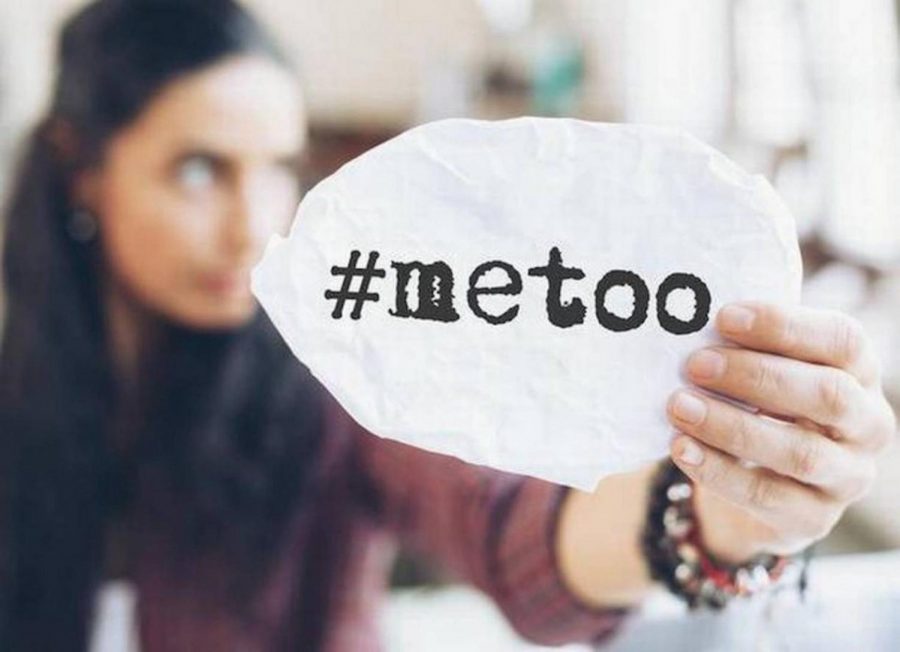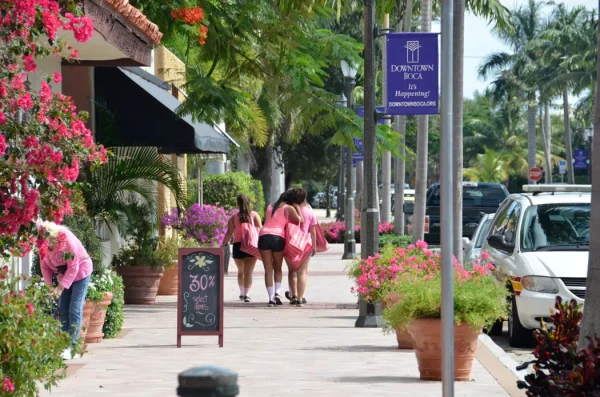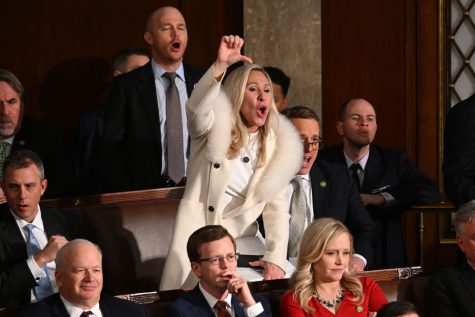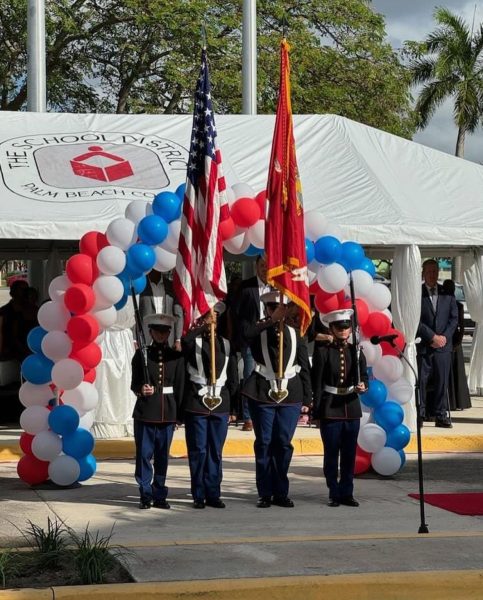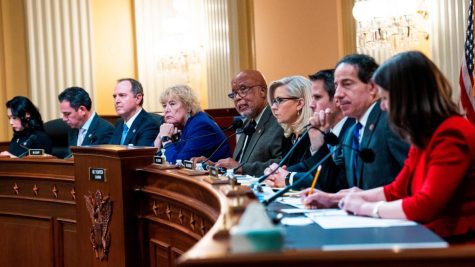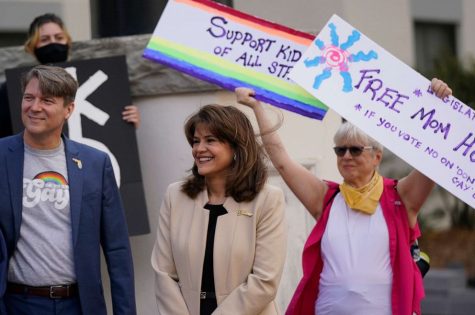EDITORIAL: #MeToo Movement Not Doing Enough to Safeguard Teen Victims
In October 2017, an online movement developed after numerous allegations came to light about Hollywood producer Harvey Weinstein sexually harassing and assaulting women. Thousands of celebrities and women took to the internet to proclaim their support for the victims that came forward. This support blossomed into what became known as the #MeToo movement, a hashtag posted by survivors of sexual violence and harassment to show other victims that they are not alone.
According to the National Sexual Violence Resource Center, roughly one in five women will be raped at some point in their lives. In America, approximately one in three women and one in six men will experience sexual violence in their lifetime. Yet, with such a vast percent of the population suffering, the topic is still surprisingly taboo.
The #MeToo movement has decreased the stigma surrounding sexual assault and harassment marginally, but there is still a great deal of work to be done. The internet movement has created dialogue about sexual crimes, but this conversation often neglects one major group: teenagers.
Before the age of 18, about one in four girls and one in six boys will be sexually abused. Reports from the Rape, Abuse & Incest National Network (RAINN) indicate that 66% of child victims of rape were 12-17 years-old at the time of their attacks. With two-thirds of sexual assaults being committed on middle and high school aged students, victims are generally too afraid to speak to their peers about the trauma experienced.
“For people who don’t go through it, it seems so easy to talk about, but it’s not,” says an Olympic Heights student wishing to remain anonymous. “I’ve heard too many stories about girls coming forward and getting bullied because of it. People would just say that I’m lying, and honestly I wish it was a lie, but it’s not.”
While the nation as a whole is becoming more open to discussing sexual assault and harassment, many high schoolers continue to dismiss victims. Immaturity and ignorance are often the cause of this behavior. Teenagers do not want to believe that their friends, classmates, and neighbors can be capable of such a heinous act. They also fear possible repercussions for their acquaintances if allegations are true.
Many teenagers have a sense of invincibility, so when classmates are held accountable for their actions, the feeling of security is taken away. In an attempt to maintain the illusion of invincibility, teenagers often ignore allegations or give the perpetrator the benefit of the doubt.
Despite popular belief, the amount of false rape allegations is quite low. The Uniform Crime Reporting program of the Federal Bureau of Investigations concluded that approximately 5.5 percent of reported rapes were unfounded. Considering that approximately 37 percent of rapes go unreported, the actual number of self-reporting victims who lie about being sexually assaulted is meager at best. Giving perpetrators of sexual violence the benefit of the doubt in most accusations is unfair to the 94.5 percent of survivors who have survived trauma.
The full effect of what reporting rape victims have to endure even years after the attack was played out on the national stage leading up to and during the contentious confirmation hearings of now Supreme Court justice Brett Kavanaugh. In the weeks leading up to the hearings, Dr. Christine Blasey Ford’s allegations that Kavanaugh had attempted to rape her at her party while the two were in high school in 1982. The partisan responses to Ford’s allegations ranged from the off-handed dismissal of her claims to harsh and vile attacks on her character.
Even today, more than a month after Kavanaugh’s confirmation, Ford is still receiving death threats, forcing her family to move four times, and she has been unable to return to her job as a professor of psychology at Palo Alto University.
Sadly, the fallout from Ford’s allegations has now seemed to slow down the momentum of the #MeToo movement. The partisan nature of the Kavanaugh controversy has now seemed to embolden those who are ignorant to the facts regarding the low percentage of false sexual assault claims, and that is dangerous.
The #MeToo movement owes it to teenage survivors of sexual assault to draw attention to their traumas, just as they have to the suffering of celebrities and victims of high-ranking offenders. The internet movement has not done its part to help young victims, but it can and should.


